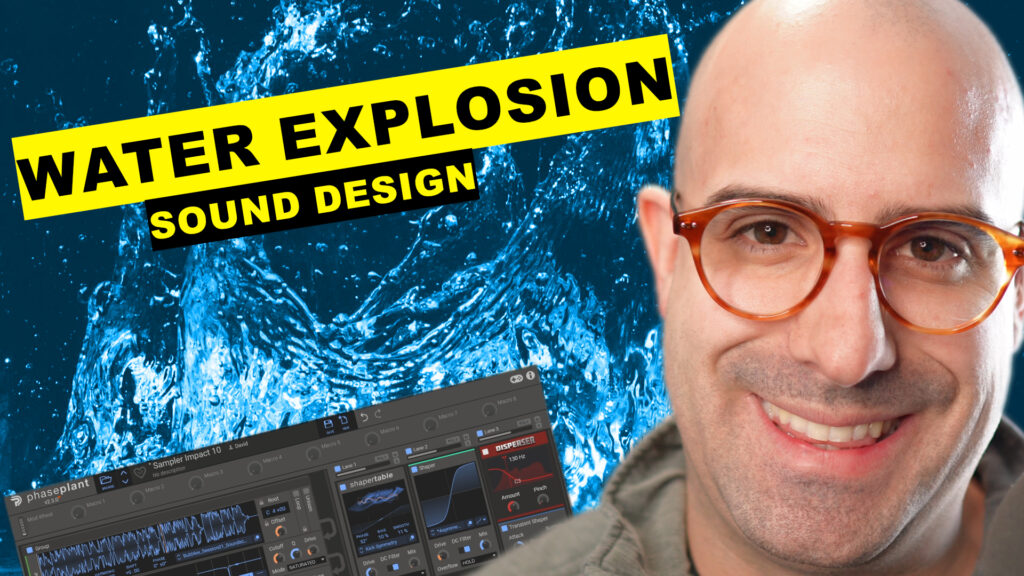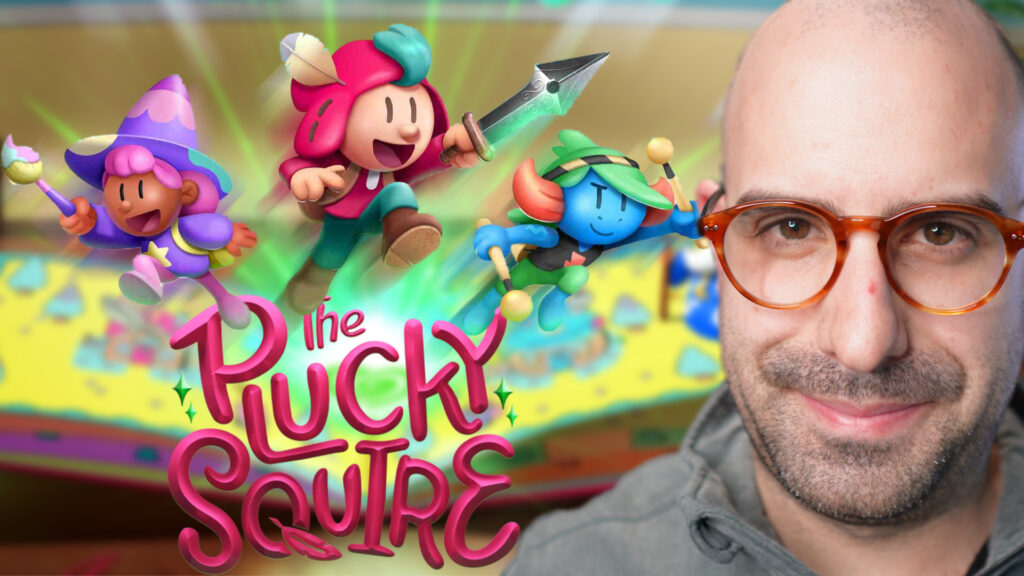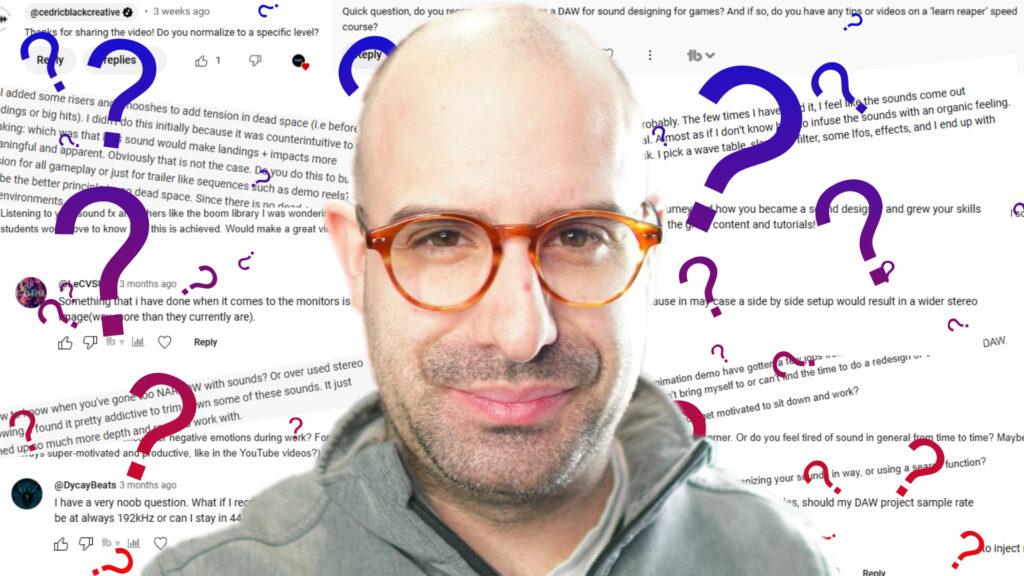*Please note that this blog post may contain affiliate links*
Sound Designer’s Starter Pack (free): https://daviddumaisaudio.com/starterpack
Designing ambiences can sometimes be super simple: you take out your recorder and record the environment you are in.
But some ambiences are not so simple to record or just don’t exist in real life. What to do then?
We’ll need to be creative and find other ways of designing the sounds we want to emulate. That’s exactly what I’ll be showing in this video.
If this was valuable to you, please consider sharing it!
Have any questions or comments?
Leave them down below!







